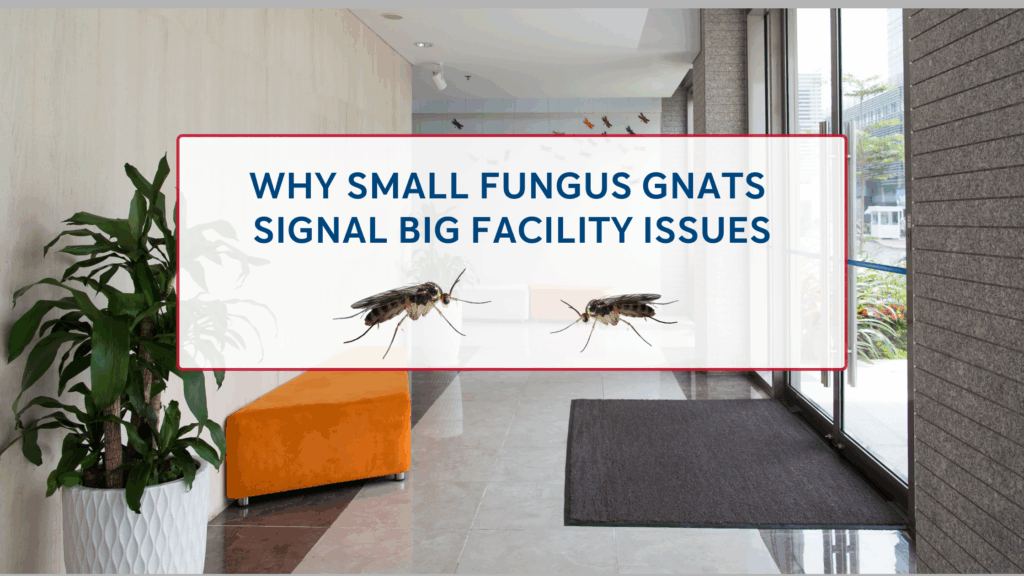
The arrival of summer means time in the sun, on the water, and in the yard. Along with those plusses come a few minuses, though, in the form of summer pests like chinch bugs, fleas, and fire ants. The good news? The more you know about them, the sooner you can recognize the signs of trouble and get our expert technicians on the case! Let’s kick off summer with knowledge you can use to enjoy a great season free of pests with help from the pest control pros at Turner Pest Control.
Chinch bugs: The Lawn Destroyers
An uncontrolled chinch bug population can leave you digging into your pocket to buy new sod. Summer is prime time for chinch bug activity, particularly in lawns with St. Augustine grass, so now is the time to be on the lookout for these pests.
What to Know About Chinch Bugs:
Chinch bugs do their damage by eating grass stems in your lawn. Both adults and nymphs feed on fluids in the sheaths of the stems, which kills the grass (and makes your turf more vulnerable to weeds).
Their activity may peak in the middle of the afternoon on sunny days. You can look for them by checking the thatch and the surface of the soil wherever you see yellowed areas in your lawn. You can pull up some grass plants to examine the lower portions or use the float method: Remove both ends from a metal can and push one end a couple of inches into the soil. Fill the can slowly with water and look for chinch bugs to float to the top within a few minutes. The adults have black bodies with white wings and the nymphs have one white band across their orange-reddish bodies.
How to Control Chinch Bugs:
The best chinch bug control is preventing them in the first place by keeping your lawn healthy. The most important factors in your lawn’s condition are proper fertilization and irrigation, and mowing at the correct height. Try to avoid cutting off any more than a third of the total height of your grass at one time, give your lawn about 1.5 inches of water a week (unless we’re having a particularly rainy spell), and water early in the day to let your grass dry out before nighttime.
If you’ve noticed yellowing areas on your lawn, give us a call! Our lawn and outdoor pest control services include fertilization and micronutrient treatments, turf optimization product application, and more.
Fleas: Bad For Pets and People
If you’ve ever had a flea problem you know that a flea infestation can go from zero to 60 in record time, especially in warmer weather. One day, you notice a few fleas on your beloved pet, and the next you find dozens of them climbing up your ankles. Because these biting pests multiply so quickly, it’s important to take flea control action as soon as you see them.
What to Know About Fleas:
They don’t live long, but they can have more than 400 offspring during their short lives. Eggs hatch in less than two weeks, so you could have hundreds of fleas in your home in just a few days.
Fleas can’t fly, but they don’t need to: They can jump up to 150 times their own height, so they can travel very easily. These tiny biters prefer humidity in the neighborhood of 70 percent, so our summers are when they really thrive.
During the height of flea season, it’s a good idea to check your pets for fleas whenever they come in from outdoors and go over them with a flea comb. Pay close attention to fleas’ favorite hiding places on your pet, especially their belly, ears, groin and the base of their tail. Also check their soft toys and bedding for fleas. You can kill fleas in washable items in the washer (use water hotter than 95 degrees), followed by a run through a hot dryer.
How to Control Fleas:
When you see adult fleas, you can be sure that flea eggs, larva and pupae are present as well. This means that getting completely rid of an infestation will take a sustained attack on several fronts. Here are some of the steps you should take:
- Increase your vacuuming frequency. Every time you vacuum, remove and seal the bag and replace it with a new one.
- Use shampoos made especially for killing adult fleas on cats or dogs.
- Ask your veterinarian if there are flea treatments they can prescribe that are safe for your pet.
- If you have mice or rats on your property or in your house, do what you can to control them since they often have fleas.
To ensure that the life cycle of fleas is interrupted and that these pests are exterminated at every stage, rely on our flea control experts. Your Turner Pest Control technician will create a customized program to eradicate fleas and prevent their return. We’ll be glad to provide a free, no-obligation inspection for our residential pest control services.
Fire Ants: Dangerous Invaders
The Red Imported Fire Ant made its way here from Brazil nearly a century ago, and it’s been a formidable foe ever since.
Although they’re here year-round, it’s during the summer months when you, your family, and your pets are in the yard that you are more likely to encounter them or worse, get bitten. These ants are able to quickly coordinate an attack when defending their nest, so it’s common for people to be stung by several fire ants at one time.
What to Know About Fire Ants:
Most people will end up with very painful welts when they’ve been bitten or stung and fire ants can do both: Some worker ants bite and then sting. For about two percent of the population that is allergic to fire ants, however, the threat is much more serious since a sting can lead to anaphylactic shock, which can be life-threatening. The symptoms of a severe reaction include low blood pressure, shortness of breath, chest pain, nausea, sweating, and dizziness. In these cases, getting immediate medical attention is critical.
How to Control Fire Ants:
Fire ant control isn’t easy and getting rid of an infestation today won’t keep them from re-establishing a nest next season. Because these ants pose a threat to your health, DIY fire ant control methods should be avoided and you should not try to move a nest. Instead, call us to schedule an annual treatment and ask about the option to bundle fire ant treatment with our lawn program.
Request Your Free Quote Today.
If you’d rather spend your summer enjoying your favorite activities instead of fighting pests in your house or yard, request a free inspection. We’ll identify your exact pest problem and develop a customized plan to solve it!



